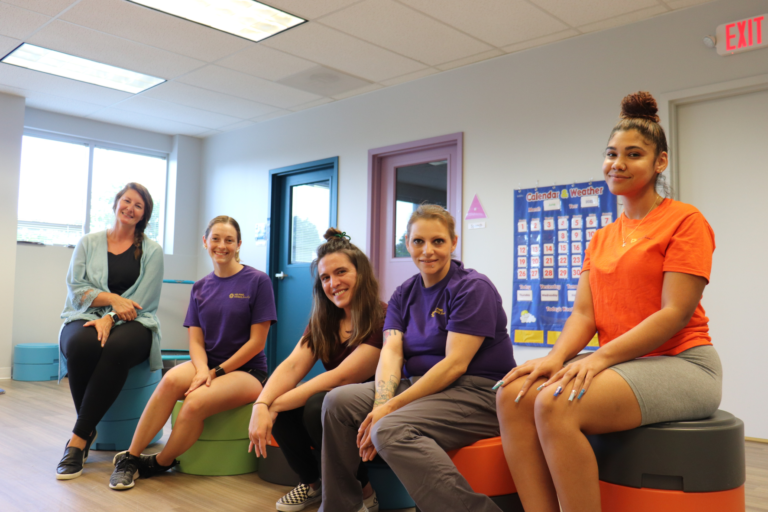Do you have a passion for enriching the lives of others and enjoy studying the intricacies of human behavior? As a Board Certified Behavior Analyst (BCBA), you can expect to find incredibly rewarding careers supporting those with behavioral and developmental needs such as children with autism. With a primary focus on clinical science and systematic processes, BCBAs influence and encourage positive functional growth through ABA services in Pittsburgh, PA, and throughout the country. The positive growth that BCBAs contribute includes:

- Development of functional learning and behavior programs for their clients
- Supervision of Applied Behavior Analysis (ABA) providers working on their team
- Assessment and adjustment of the programs regularly to ensure meaningful growth
- Communication with family and other care professionals to continuously reinforce constructive behaviors learned
- Providing direct care, education, and support to individuals and families within the program
As you can see, BCBAs hold a lot of responsibility on their shoulders. But, with that responsibility, also comes one of the most fulfilling and exciting careers in the world of behavioral psychology. If you know how to encourage others, love to learn about the human mind, and consider yourself a great leader or communicator, then get ready to start improving the lives of others!
Becoming a Board Certified Behavior Analyst
There are four steps you must take to receive and maintain a BCBA certification. According to the Behavior Analyst Certification Board, these steps include:
- Meet Eligibility Requirements:
- You can receive an ABAI-accredited degree and complete supervised clinical experience.
- Faculty teaching and research; you can use a relevant graduate degree (like psychology), and must hold a full-time behavior analysis faculty position and demonstrate relevant practical experience.
- Utilize postdoctoral experience; you can use a relevant doctoral degree attained 10 years prior in addition to having more than 10 years of postdoctoral experience.
- If you already have an ABA or ABAI-accredited behavior analysis master’s or doctorate, you only need to complete relevant practical experience hours.
- Apply for the BCBA designation: To be accepted, you must complete any of the above eligibility requirements.
- Take and pass the BCBA licensure exam
- Maintain your BCBA licensure: You must earn 32 continuing education credits before each 2-year renewal deadline.
Seek BCBA Support From Our Experienced Team!
At HHF, we proudly support our aspiring BCBAs with a personalized fellowship program for those currently enrolled in BCBA coursework. There are countless benefits that our BCBA candidates receive, such as:
- An immersive clinical experience
- Helpful learning guidance
- A leadership team with clinical experience
If you’re just starting, we can even help you find an accredited program, offer a ton of free BCBA resources, and openly share our experienced recommendations to simplify the entire process.
Along with our direct support for those pursuing a BCBA certification, we are actively seeking upbeat and compassionate providers searching for a fun and rewarding BCBA job in Pennsylvania. Whether you’re just getting started, or you’re already a passionate ABA provider, we would love to speak with you!
